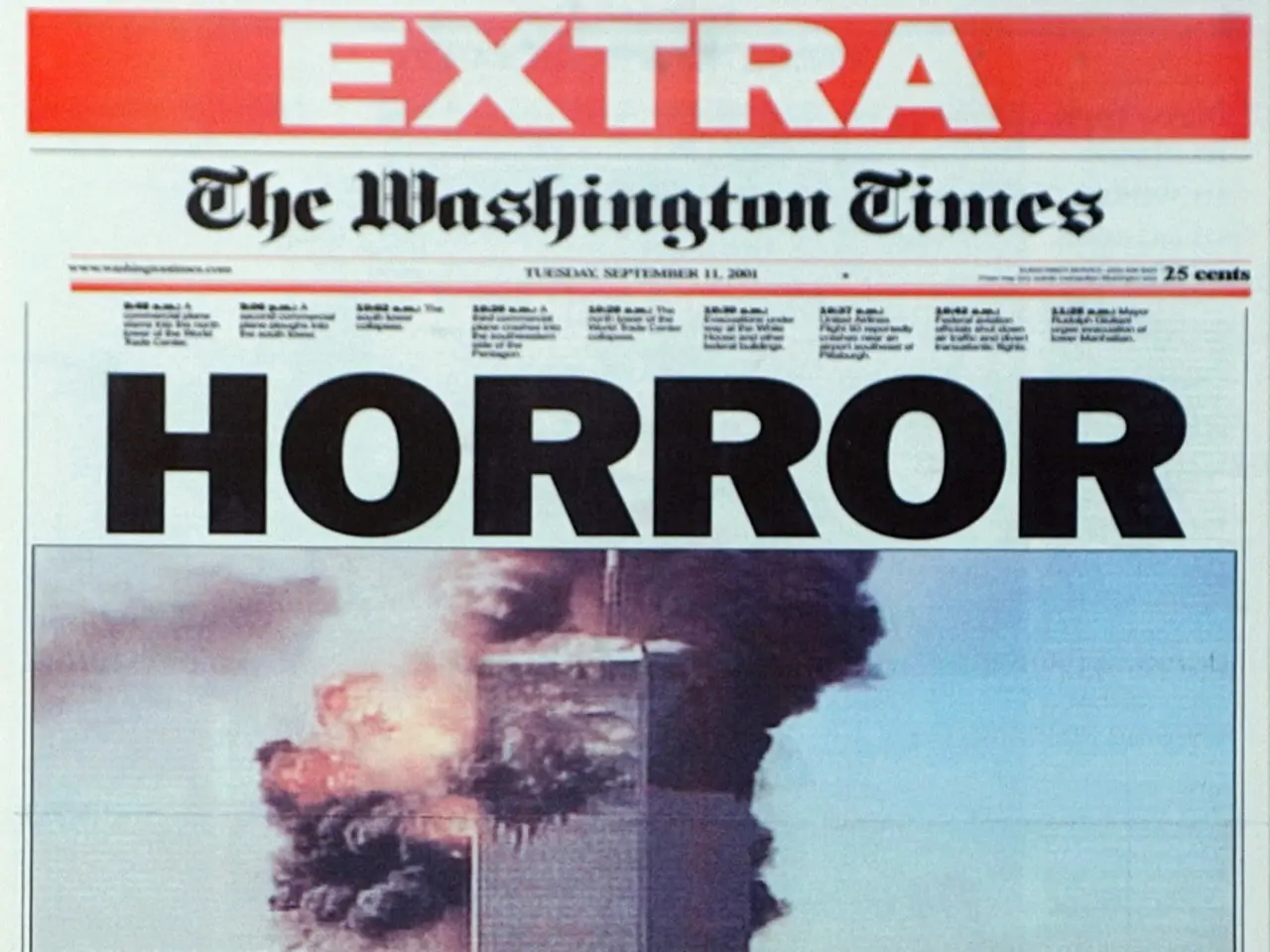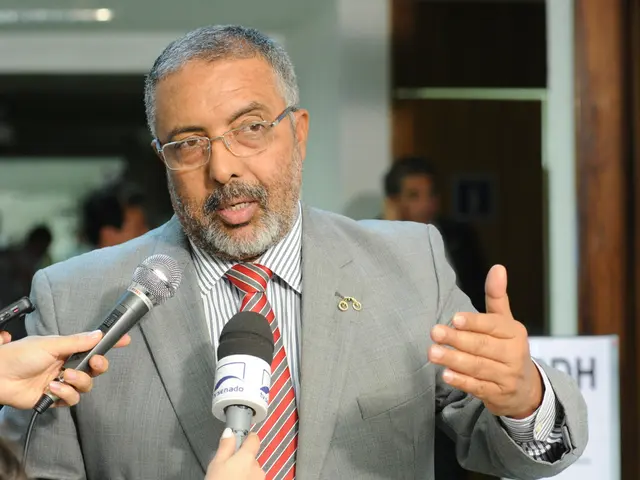FBI Monitored SSPX Priest during Investigation into Alleged Neo-Nazi's Plot for Violence
FBI Investigation into Catholic Priest and Unbaptized Suspect Raises Controversy
In a series of events that have sparked controversy, the Federal Bureau of Investigation (FBI) has been embroiled in an investigation involving a Catholic priest and an unbaptized suspect.
The investigation, which began in 2019, centres around a priest who is a member of the Society of St. Pius X (SSPX), a religious order with irregular communion with the rest of the Catholic Church. The priest in question serves at a chapel in Richmond, Virginia, where the FBI opened an investigative assessment into him after he declined to share information about a suspect under investigation for making violent threats online.
The suspect, identified as "Defendant A," is an unbaptized individual who described himself as a "radical-traditionalist Catholic." Defendant A's online statements advocated civil war and the murder of politicians, leading to the FBI's initial interest.
Defendant A's activities extended to his attendance at a church associated with the SSPX. Investigators identified a social media profile associated with Defendant A that included Nazi symbols and rhetoric, as well as posts advocating killing police officers, violence against racial and religious minorities, and mass shootings.
The FBI's approach to this investigation has been a subject of debate. The House Judiciary Committee released an interim staff report alleging the FBI surveilled a Catholic priest. The report also criticised the FBI's reasoning regarding the priest-penitent privilege, stating that it was not adequately protected.
The FBI's internal review showed that supervisors approved the Richmond memo even though many FBI employees could not define the meaning of "radical-traditionalist Catholic." The original memo cited the Southern Poverty Law Center, an organization that monitors "hate groups," but has faced criticism for applying the label too widely.
The FBI's assessment of Defendant A led to his arrest and subsequent plea deal. Defendant A pleaded guilty to felony vandalism charges and agreed to avoid contact with firearms and related materials. However, within a week of his release, Defendant A violated the conditions of his guilty plea and sentence by visiting the firearms sections of various sporting goods stores.
Despite the controversy, the FBI maintains that the investigation was necessary to protect public safety. Investigators expressed concern about the safety of the church and those who attend it, given Defendant A's violent threats and activities.
This case highlights the complexities and challenges faced by law enforcement agencies in navigating religious freedoms and national security concerns. As the investigation continues, it is expected that more details will come to light, providing a clearer picture of the events that transpired.





